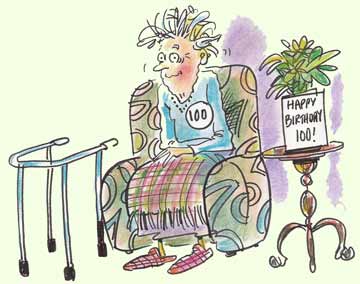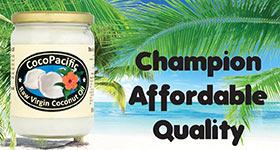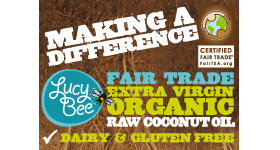|
|
Does old age have to be horrible? |
We all know that life isn't fair. A person who eats healthily, does yoga and takes lots of exercise may die an early and painful death while a heavy-drinking smoker who takes no exercise and eats junk food may die in their sleep at 100.
|
Nutrient deficiencies among older people may be due to: Healthy does not have to mean expensive There is a misconception that living healthily has to be expensive. I have often been in trouble for saying that the best way to avoid heart disease was not to drink milk, and that would not you cost a penny. Nasty Minerals The harmful minerals - lead, mercury, cadmium and aluminium - accumulate with age. Harmful minerals cause damage to the
kidneys, which leads to high blood pressure. How to look after your arteries • One of the reasons why milk causes coronary heart disease is that one of the sugars (galactose) in milk attaches itself to cholesterol. This leads to oxidation of cholesterol and deposits in the arteries. Cancer & diabetes Cancers thrive on sugar, which is another reason for avoiding it. Vegetables, nuts, seeds and pulses protect against cancer. Diabetes is encouraged by sugar, but high fructose corn syrup and aspartame are worse than sugar. Osteoporosis & Arthritis Osteoporosis can be caused by phosphoric acid in cola drinks, and excessive vitamin A consumption, for example from liver. Too much sunshine can contribute to skin cancer, but some summer sunshine provides vitamin D for the bones. Sight Certain sugars (galactose in milk and xylose in pears, blackberries and raspberries) can cause cataracts. Lead may also be involved. Macular degeneration appears to involve oxidative stress. So antioxidants like vitamins A, B2, C and E, copper, manganese, selenium, zinc, carotenoids and anthocyanidins are helpful. Two of the carotenoids, lutein and zeaxanthin, protect the macula from blue light. Homocysteine is involved, which suggests that folic acid, vitamins B1, B2, B6 and B12, magnesium and zinc are protective. Fried oils should be avoided, as they may damage the macula. Drugs & deficiencies Only take drugs if they are really essential. Many drugs cause deficiency in nutrients. For example, statin drugs deplete coenzyme Q10, an antioxidant, which is also needed for producing energy. They may also reduce selenium, vitamin E and beta carotene levels. Antacids may reduce levels of folic acid, calcium, copper, phosphate and vitamins A and B12. The most important things to do for a healthy old age are to have a healthy diet, and exercise. However, Harvard School of Public Health also advises taking a nutritional supplement throughout life, and there is much research that supports this. Given that absorption of some nutrients, and efficiency at using them tends to decline, good food and supplements become more important with age. No one can guarantee you will have a long, healthy life, but these measures make it more likely. First Published in 2007 Click here for more articles Click here for LINKS to manufacturers of nutrition and food supplements. Top of page |









